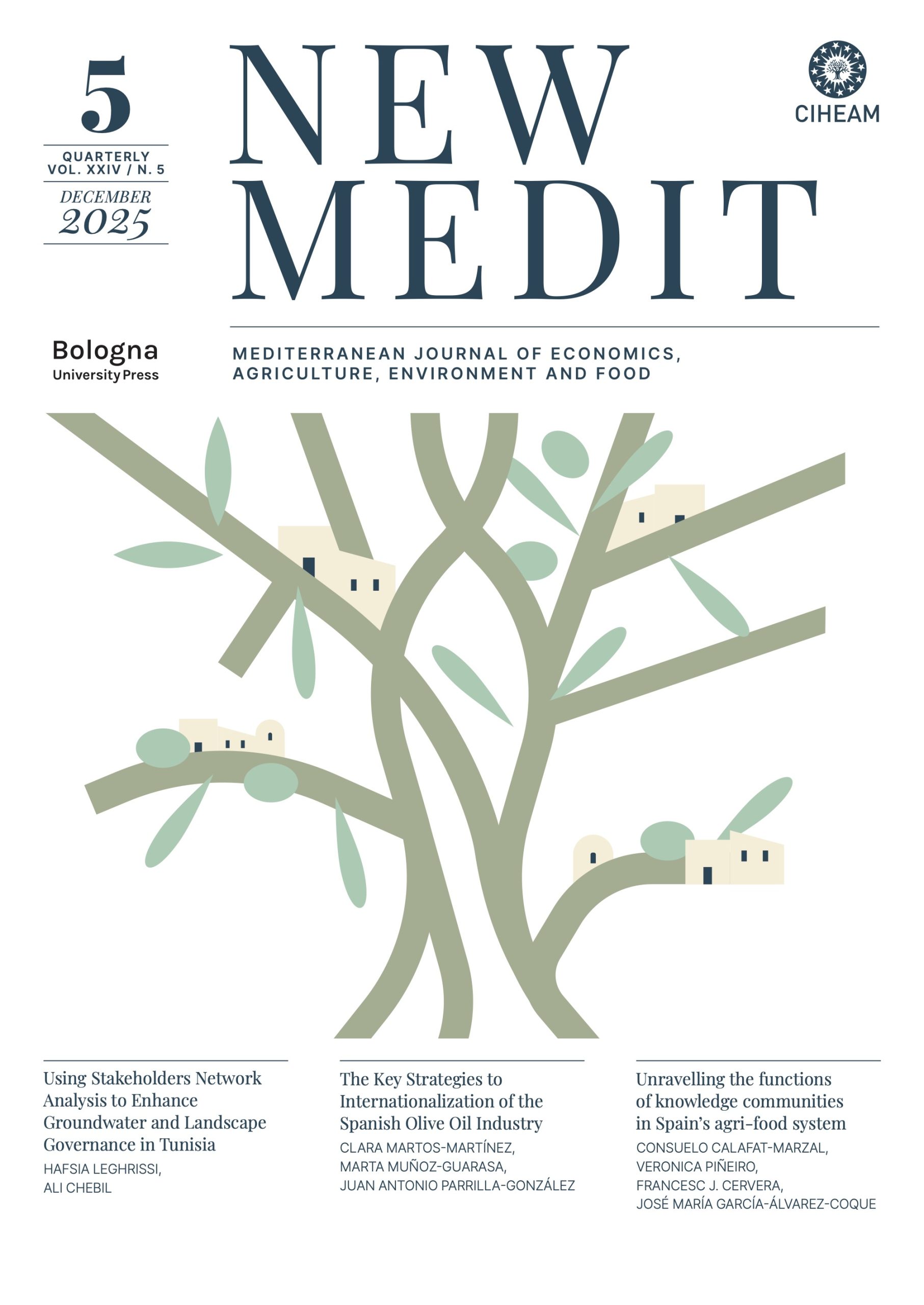Crop diversity is promoted for its environmental benefits. However, few analyses have been conducted on whether crop diversity can reduce farm economic vulnerability to multiple production stresses. Deglet Noor is the most frequently grown variety of date in Kebili Region, Tunisia. Other date varieties, termed “common date varieties”, were formerly considered to be less profitable and hence marginalised. Date production in this region is facing constraints linked to climate change, decreasing water availability and rising labour costs. The study compares the economic benefits of producing Deglet Noor dates and common date varieties at farm level, when faced with different production stresses. A survey was made of 123 farmers producing dates in Kebili Region. In the absence of stress, Deglet Noor is the most profitable variety, but its profitability is particularly vulnerable to different stresses. By contrast, the profitability of common date varieties is much less sensitive to these stresses. Stress-free environments become increasingly rare in Tunisian oases. Hence, re-directing interest towards common date varieties could help building less vulnerable oasis farming











